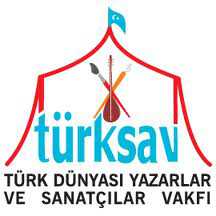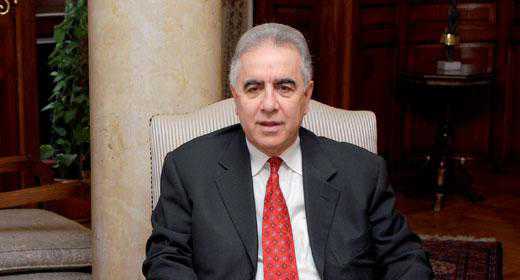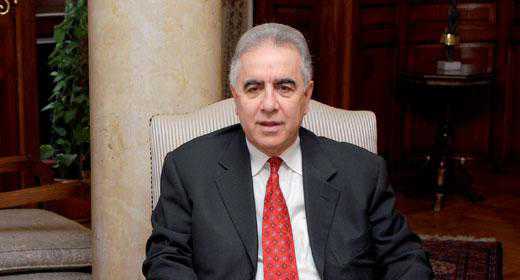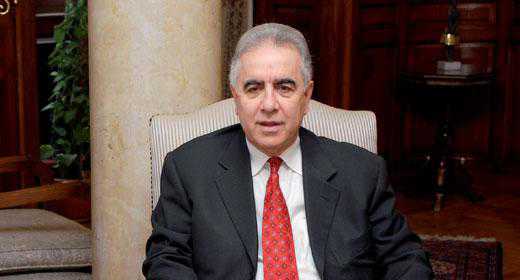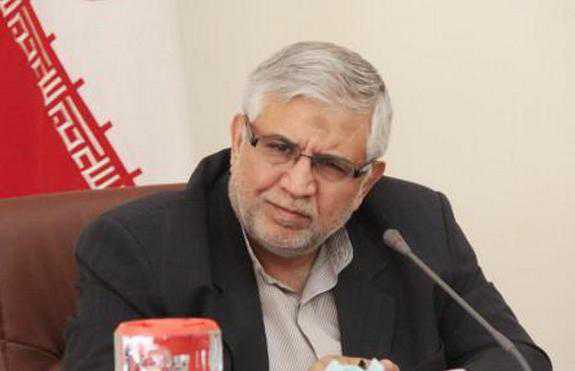
Gulnara Inandzh,
Head of Representative Office of Lev Gumilev Center of Russia in Azerbaijan,
Director of Information and Analytical Center Etnoglobus (ethnoglobus.az), editor of Russian section of Turkishnews American-Turkish Resource website www.turkishnews.com
Exclusive interview of Iran’s ambassador to Azerbaijan Mohsen Pakayeen to www.islamınsesi.az portal.
– What is the reason of tension between Azerbaijan and Iran although it has decreased somehow?
– I don’t think that there is any crisis between Iran-Azerbaijan. There may be misunderstanding in the family that we can not call it crisis. Besides, it is also possible that there are misunderstandings with regard to visa issues between these neighboring countries, but they are being settled through diplomatic ways.
It should be considered that we have more in common than misunderstandings. I should restate that we have much in common which is reflected in cultural, historical, religious and ethnic factor. Most of the population both in Azerbaijan and Iran speak the same language. There is no another two countries being so close.
Thanks to the will of the politicians and leaders of two countries these relations develop day by day. The second and third elements and scientists try to exaggerate some issues, but these are not main problem for us.
It is necessary that the leaders of our countries should come to agreement in these issues. From this point of view I think that we will have good relations in the future.
The meetings of countries’ officials last year in Iran and Azerbaijan show the progress of bilateral relations in the positive direction.
-National Assembly (Milli Mejlis) cancelled the agreement on use of non-visa regime being applied for the citizens located in the 40 km of frontier areas between Iran-Azerbaijan. How do you think, will this decision cause new tensions?
– Parliamentary deputies are the representative of people. The make decisions via discussions. We respect their decisions. We think that it is reasonable to eliminate the limitation with regard to movement of not only our citizens but also Azerbaijani citizens in the neighbor country. Easing of visa regime may lead to the development of trade and warming and expansion of relations between peoples. Besides we have to consider that there are family and friendship relations between Iran and Azerbaijan.
Besides, non-visa regime will lead to the development of tourism and both the nation. That is the reason why Iran has unilaterally cancelled the visa regime for Azerbaijani citizens. We do hope that one day Azerbaijan will also cancel visa regime for Iranian citizens.
– Official Baku says it aims at eliminating access of enemies to Azerbaijan from Iran…
– 5 thousands of Iranians travels to Azerbaijan. We have not seen any Iranians intending to interfere in internal issues of Azerbaijan. They got acquainted with Azerbaijan, establish contacts with the people, trade and return.
Of course, struggling against smugglers and ensuring safety requires specific principles. If we prevent the people from traveling to some country due to safety issues, then the Ministry of Tourism should not operate. We have to avoid negative view towards our relations.
It is interesting, no one in Azerbaijan violates the law? But, we can not refer it to all Azerbaijanis. There are special bodies engaged in issues with law violators. Criminals don’t need a visa and he or she can manage to pass the border.
-In the end of last year discussions began with regard to establishment of Free Trade Zone (FTZ) in the borderline areas. What are the perspectives of FTZ?
-Establishment of FTZ will serve to develop relations between two countries. Such zones are free of taxes which lead to decrease of prices and consequently increase purchasing power of the population. Ostans of Eastern Azerbaijan provinces and Azerbaijani envoy to Iran have started talks on these issues. Iran has 15 neighbors. We have established FTZ with our neighbors and see its positive results.
Application of visa regime in Azerbaijan will not prevent FTZ’s activity. Azerbaijani citizens can travel to Iran and trade here. Application of non-visa regime for Iranian citizens in Azerbaijan would make the processes more active and give grounds for generation of mutual confidence.
– I think that real reason of mutual distress is ethnic issues. Turkish speaking Azerbaijanis live in Iran, while Persian speaking Talishs live Azerbaijan. How do these issues affect the relations?
-I think neither Iranian nor Azerbaijani people have separatist thoughts. This is much far from our people. In Azerbaijan national consciousnes of Azerbaijanism and in Iran Iranism have been formed. It is not important that national minority is paid much attention in our countries. I don’t believe that it will affect the relations between our countries.
– Processes around Iran, Syrian conflict, placement of “Patriot” missiles in Turkey increase the tension in the region …
– Syrian conflict has nothing to do with “Arab spring”. Changes happening in Arab world, especially in the Northern Africa are called as Islamic awakening. People were against the power in these countries electing their new government.
Uprising in Syria began as a result of intervention of foreign countries. Western countries provided the Al-Qaida sending to act against Bashar al-Assad. Al-Qaida militants carry out terror acts killing their compatriots. We have not seen such cases in Tunis, Egypt or in Yemen.
These people were against intervention of Western countries and Israel in their internal issues. US have officially announced its support to Syrian opposition. US Congress has made a decision on arming Syrian opposition.
Unfortunately, Syrian neighbors, including Arabic countries were deceived, but it is too late to go back. They thought they were following reforms, however consequently they supported terrorism. Reform cannot be brought from abroad.
They may kill the people, even overthrow Bashar al-Assad, but the fact is that they will not bring reform to Syria. We cannot call Syrian uprising as Islamic awakening or “Arab Spring”.
Syria is in frontline in struggle against Israel. They think they have to overthrow Syrian government for it.
– But the processes that we call as «Islamic awakening» opened the door for salafism to the region …
-We know Syrian opposition very well. Majority of them support reform and some terror. Reform supporters want to achieve reform and prefer doing it through elections, not with weapon.
Everybody knows salafis. They are Al-Qaida militants. US have officially declared that it has created both Taliban and Al-Qaida and that these militant networks carry out Washington’s interests. Why should we close our eyes to it?.
We cannot call terrorists elements as Islamic awakening. Islam is against of killing thousands of innocent people and destroying mosques. We cannot justify the crimes committed under the pretext of Islam.
– Everyone has its own justice. Iran has also confirmed its support to Syrian government …
– Iran believes that changes should be achieved through the people.
If it becomes habit that governments are overthrown under the management of foreign powers, no president can consider himself/herself safe.
We support the powers fighting against the foreign intervention in Syria. We don’t want government to be changed under the pretext of reform.

